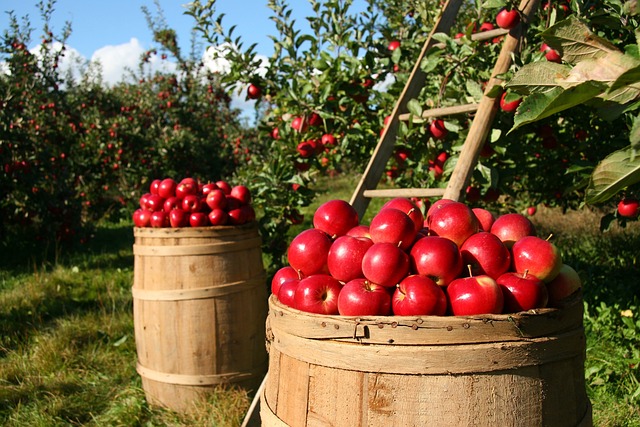
A surplus is something that is left over or exceeds what is necessary.
The adjective surplus is used to describe that or that which exceeds : that is, that is left over or that is outside the limits of something. The term is used in various contexts.
In the field of economics , the difference between the value of the services and goods produced by a community at a certain time and the value of the part of those services and goods that is needed for the community is called economic surplus. survival and reproduction of the inhabitants.
Surplus as a noun
Note that in this case the term is used as a noun , and not as an adjective. This changes things considerably, since it goes from being a modifier of another word to the main word of the sentence, although in both cases it offers enough flexibility to refer to a large number of concepts, generally related to economics.
Let's look at some examples of its use as a noun: "The new plant will allow us to satisfy the demand of users and even generate a surplus of energy ," "We will use the surplus iron for export," "Thanks to the collaboration of all the neighbors." "We managed to cover the expenses of the event and there was even a surplus that we will use at the next party."
It is worth mentioning that this term is usually used as a noun more frequently than as an adjective, at least in everyday speech. Its adjective function can be seen in the following sentences: «To finish, we must remove the excess material from the edge with a damp cloth» , «It is very important to make sure that there is no excess glue before letting it dry, since once it hardens It is very difficult to remove .

The economic surplus is associated with wealth.
Use of the term in economics
The history of the economic surplus takes us back to the New Stone Age , also known as the Neolithic period, one of those that make up the Stone Age , which is located in the half millennium between 4500 and 4000 BC. C., approximately. Since livestock and agriculture emerged at that time, among other economic activities, a surplus was inevitably produced that people used to exchange for other goods , or for a higher social status.
In the Neolithic, so-called productive work also emerged, that is, work that can modify goods in terms of their use value or even create the necessary infrastructure to provide services to customers. Thanks to the wealth resulting from these activities, which can be material or non-material, society is sustained.
The use of the surplus was key to the development and support of the different communities, since each clan specialized in a series of products and it was thanks to the exchange with this surplus that they could obtain complementary goods to those of their own manufacture.
Other types of surplus
There are, however, other types of surpluses. A producer's surplus is the money left after the production expense has been covered. It is, therefore, about profit . The production surplus , on the other hand, is made up of those products that are left over when consumption and basic needs have already been covered.
The surplus that is recorded in the balance when the value of exports is higher than the value of imports is known as a trade surplus . If a country imported for $2 billion and exported for $2.5 billion, it obtained a trade surplus or surplus of $500 million.
The cooperative surplus , finally, arises when a cooperative obtains a positive balance in the difference between income and costs. This surplus can be distributed among the partners through the so-called cooperative returns.
